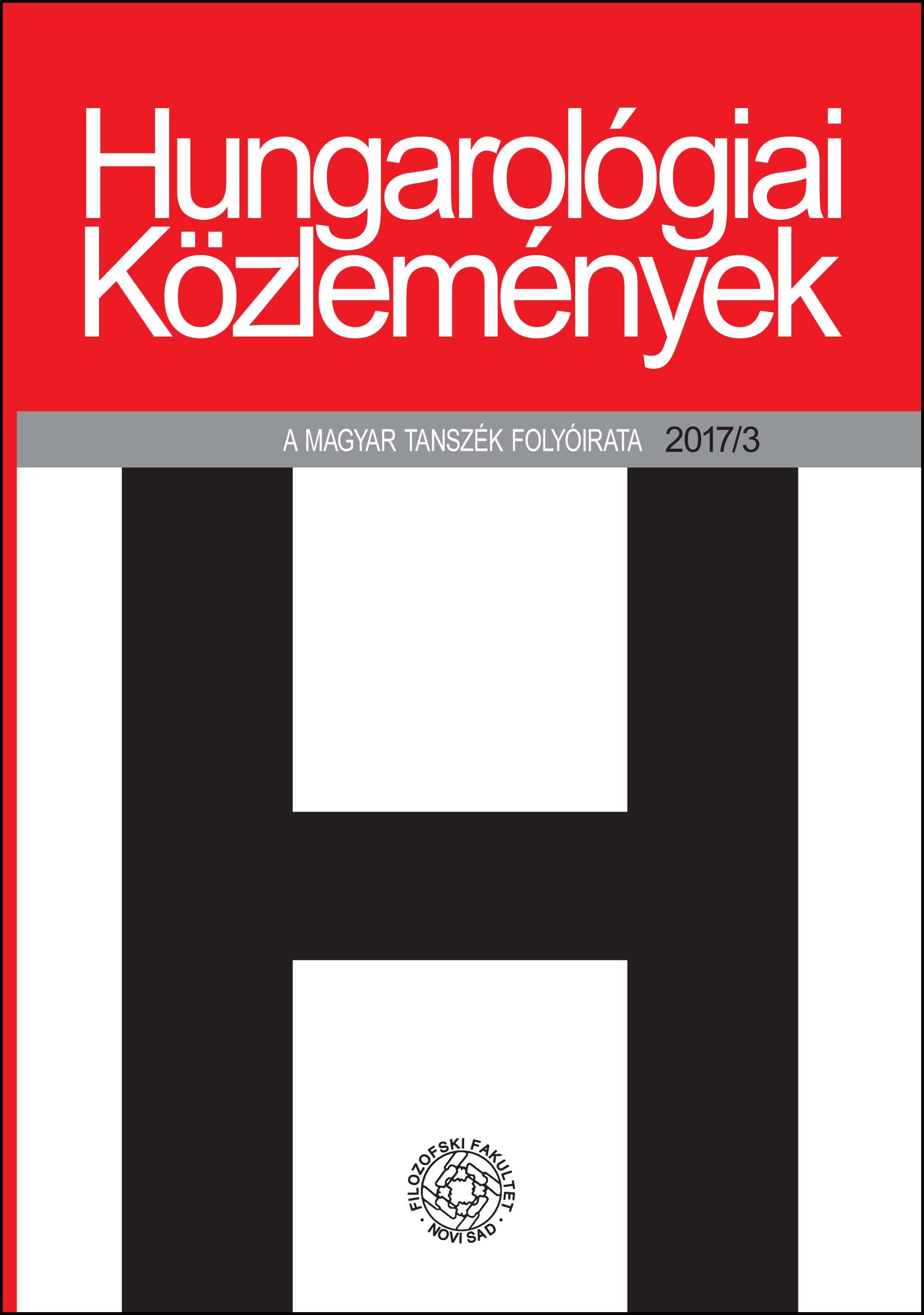Kulturális önazonosság, történeti trauma és személyes élettörténet közép-európai emigránsok önéletrajzaiban
Cultural Identity, Historical Trauma and Life Writing in Central European Exiled Intellectuals’ Autobiographies
Author(s): Zoltán Z. VargaSubject(s): Hungarian Literature, Theory of Literature
Published by: Филозофски факултет, Универзитет у Новом Саду
Keywords: life story; emigration; cultural identity; Central Europe; historical trauma
Summary/Abstract: The study researches the way twentieth century historical traumas are depicted in autobiographical works. The author’s interest is focused on a specific subfield of the topic which offers a wide range of material: he is interested in studying autobiographies of persons who were forced to leave their home country for historical or political reasons. The specificity of these works is not just in the poetics of the literary handling of historical traumas, but also in the study of multicultural identity from various perspectives. Zoltán Z. Varga’s paper looks into the problem by studying the work Budapest Diary by Susan Rubin Suleiman, who had left Hungary at the age of nine, and later achieved a successful academic career in the U.S. The work of the author, who returned to her homeland as an adult, seeks not only to find the reasons for burying the past burdened with collective historical traumas, but also tries to discover the regional components of identity, of the cultural otherness of East-Central Europe. The combined viewpoint of the foreign and one’s own affects the story of one’s life story and the understanding of relationship with parents and childhood experiences, and thus the rewriting of the past as a recounted identity is done on several levels.
Journal: Hungarológiai Közlemények
- Issue Year: 18/2017
- Issue No: 3
- Page Range: 8-23
- Page Count: 16
- Language: Hungarian

